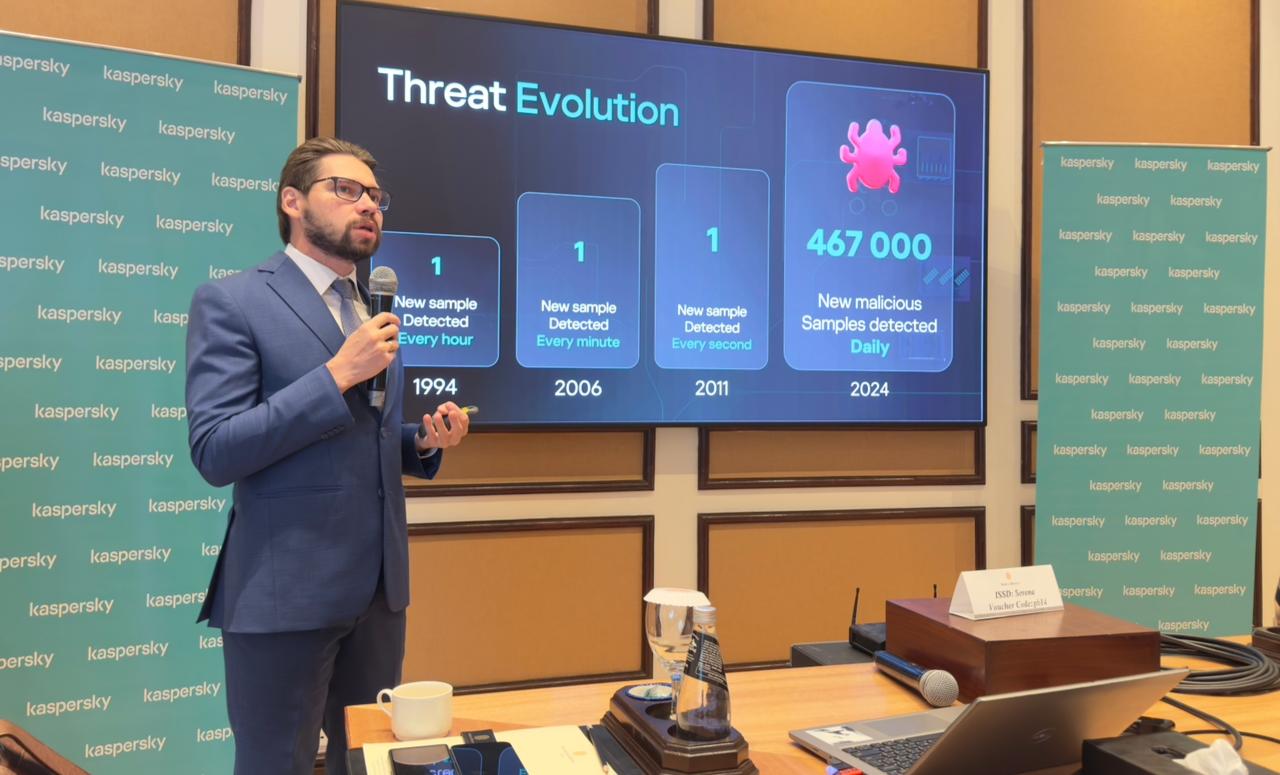LAHORE: Nine departmental cricket teams will participate in the 50-year President’s Cup starting on October 3 in five cities. The two semi-finals will be played on October 13 and 14, with the tournament final on October 16.
All matches will be played in daylight, with first ball expected at 9.30am. The locations and start times of the semi-finals and finals will be announced in due course. A prize pot of PKR 7.75 million will be up for grabs as the winner of the tournament will receive PKR 5 million while the runner-up will receive PKR 2.5 million.
Higher Education Commission (HEC), Khan Research Laboratories (KRL), State Bank of Pakistan (SBP) and Water and Power Development Authority (WAPDA) are placed in Group A while Eshaal Associates, Ghani Glass, Oil and Gas Development Company Limited (OGDCL ), Pakistan Television (PTV) and Sui Northern Gas Pipelines Limited (SNGPL) are part of the B Group. SNGPL, winners of the previous edition of the President’s Cup, will play their opening match of the tournament against Ghani Glass on October 3 at the Saeed Sports City Bedian in Lahore. Group A matches will be held in Abbottabad, Islamabad and Rawalpindi while Group B matches will be held in Faisalabad and Lahore.
Group A – HEC, KRL, SBP, WAPDA
Group B – Eshaal Associates, Ghani Glass, OGDCL, PTV, SNGPL






